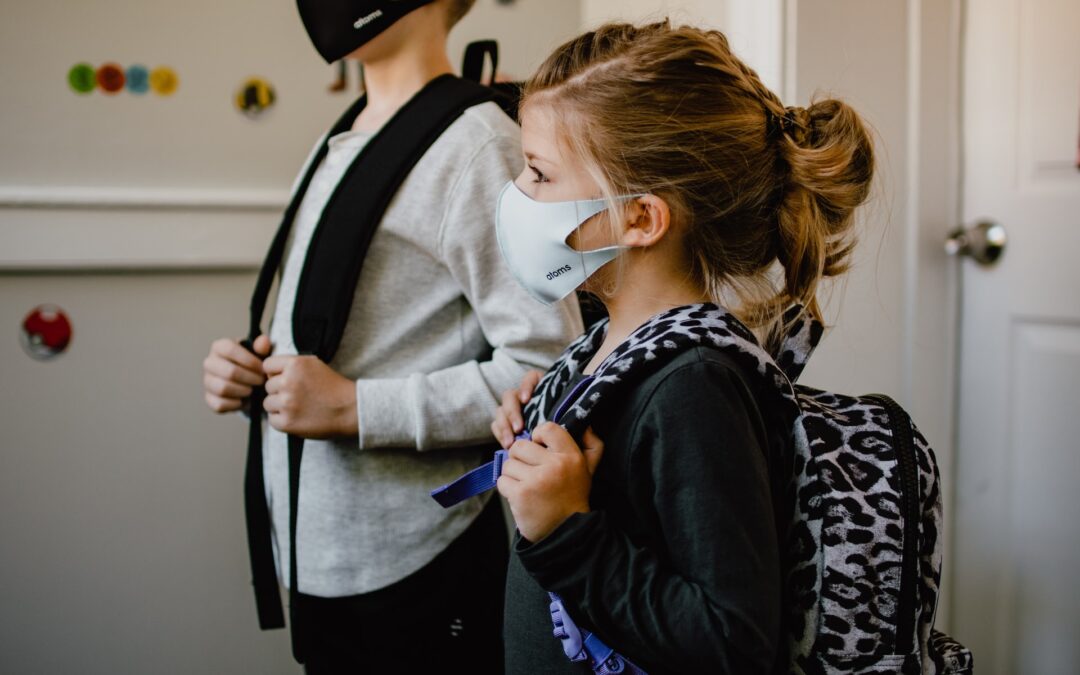“Now is the winter of our discontent,” a speech by Shakespeare in Richard III says it all as we muddle through the beginnings of a third year of this pandemic. This horrendous experience has taken a toll on all of us. David Brooks in his op-ed in the NY Times (America Is Falling Apart at the Seams, NYT, Jan 14, 2022) comments on the current misbehavior of Americans. He describes the angry outbursts noted on commercial airline flights, in retail establishments, as reflected in highway fatalities, suicides and homicide rates or even evident in members of Congress. He identifies the usual suspects including the pandemic, politics, media, Facebook/Twitter/Instagram et al.
I think that we would all agree with his observations and many, if no most of us identify with the frustrations, irritability and general crankiness that has resulted from the Covid 19 “gift that keeps on giving”. However, I believe that there is more to the story than what is stated above. It is my contention that the entire populace has been traumatized by the unfortunate saga that we have endured. The unremitting psychological stress has resulted in anger, frustration intolerance, depression, hopelessness, out-of- character risk taking, impulsivity, substance use and a general loss of trust.
Psychotrauma had historically been defined by mental health professionals as exposure to a near death experience. The individual has had to have the intense fear of believing that they would die. Classic examples include severe car crashes, plane crashes, muggings, heart attacks and combat. It also includes abusive life experiences whether they be sexual, physical or emotional. One end of the spectrum is represented by Post Traumatic Stress Disorder (PTSD) which for a long time was what we considered the primary trauma syndrome. The criteria for PTSD had been extraordinarily specific and if one did not meet the necessary components found in column A, column B or C there was no pathological trauma condition we labeled PTSD. We now know better and have thankfully expanded the concept to include direct or indirect exposure to traumatic events. For example, the 9/11 tragedy created PTSD not only in those who fled the twin towers but individuals in the area around the twin towers who witnessed the catastrophe. Other examples include family members who watch a loved one succumb in an ICU and subsequently develop PTSD themselves.
Recent research has extended our understanding of traumatic exposure and trauma syndromes. We now understand that trauma does not have to develop in response to an identified traumatic event but that persistent exposure to a lower level of abuse can traumatize the victim. It has been my clinical experience that day after day exposure to an abusive parent whether it be emotional, sexual or physical can be more pathologic than an isolated horrendously abusive event. In addition, we now recognize that there is an entity called complex trauma. Complex trauma signifies the presence of repeated traumatic experiences over time. For example, the individual who has had a number of abusive relationships can develop a complex trauma syndrome.
So let us now return to our pandemic journey. We have all been exposed to multi-media’s painfully graphic reporting of our experiences throughout this pandemic. We have witnessed people on ventilators, grieving loved ones, heard of entire families wiped out by this virus, learned of the need for lung transplantation and observed our loved ones suffering uncertainties as to whether or not they would end up on a respirator or in an ICU. To make matters worse, the presence of a virus that none of our professionals had experience with before it infected the world led to much uncertainty, misinformation, changing recommendations from these health experts. We have observed angry politicians blaming governmental health agencies with harming the public. We even heard that Dr.Anthony Fauci had to endure credible death threats to himself and his family. All of this uncertainty and confusion naturally leads to a sense of helplessness and fear. We are human beings and as such have became a captive audience to the two plus years of stress and traumatic life experiences. Not too different from the child who has to survive an abusive family system. This person spends each day not knowing what the outcome will be or having the means to protect oneself.
So I believe it is safe to say that based on the multitude and varied pandemic-related traumatic experiences all of us have had to deal with there comes a point where the fabric of our humanity begins to shred. We need to understand this level of suffering and recognize that as this pandemic winds down we will all need time to heal. And remember, you are not alone.
Let Us Help
Trauma can be difficult to understand and even more so, to handle on your own or for your child to handle. Whether your challenges are recent or from years ago, the professionals at The Children’s Center for Psychiatry Psychology and Related Services in Delray Beach, Florida can help. For more information, contact us or call us today at (561) 223-6568.

